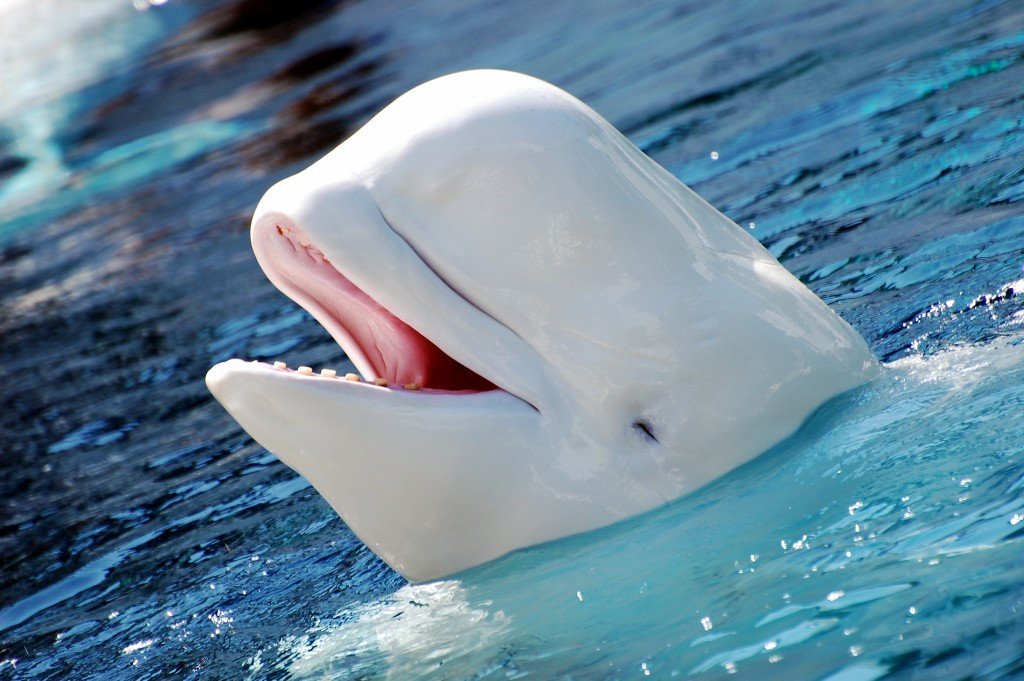In a case that is being watched by people across the country, the Georgia Aquarium and the United States government faced off in court on Friday over whether 18 beluga whales should be imported from Russia.
The Georgia Aquarium claims that importing these whales, which are presently living in the Utrish Marine Mammal Research Station in Russia is crucial to increase research and education opportunities. Conversely, the government claims that the import of the whales would be detrimental to the natural population of beluga whales in the waters surrounding Russia.
Both animal conservation/activist groups and zoos and aquariums across the nation are anxiously awaiting the judge’s decision in this case as it could have consequences related to housing animals in captivity in the future.
The Georgia Aquarium applied for a permit to import the beluga whales from Russia in 2012. The United States agency that grants and denies permits allowing the import of marine animals into the country is called the National Oceanic and Atmospheric Administration’s National Marine Fisheries Services, known as NOAA Fisheries.
The agency initially indicated that it was planning on granting the permit, but then changed its mind purportedly without explanation. The agency stated that it did in fact lean toward granting the application but upon further review, it determined that the aquarium did not meet the standards required for importing the whales.
The hearing on Friday demonstrated that each side believes the other side doctored facts about the natural population numbers of the whales and that they attempted to fudge truths regarding the animals.
The law governing the import of the animals is the Marine Mammal Protection Act, and it prohibits the capture of marine mammals by United States citizens across the globe with a few exceptions. It allows animals to be captured and imported for public display by applicants meeting certain standards.
The particular standard the NOAA Fisheries claimed that the aquarium did not meet was the “potential biological removal standard” which deals with the maximum number of animals that can be removed from a population without damaging the population. The aquarium stated that it provided ample data supporting that it met this standard while the government said it did not.
Aquarium officials state that, “Beluga whales are in trouble. Our ability to have these animals in our care to be able to study and observe them is critically important.”
George Mannina, the aquarium’s attorney, stated that, “The standards [applied to] the Georgia Aquarium have been applied to no one else, they invented data, they manipulated data and they were completely arbitrary and capricious. The judge should find for the Georgia Aquarium.”
Opponents to the importation of the whales heartily disagree. Courtney Vail of the Whale Dolphin Conservation stated that, “The aquarium unfortunately is contributing to the depletion of this population back in Russia. That’s not conservation.”
In response to these assertions, Georgia Aquarium officials stated that, “One of the reasons people care so much about beluga whales is because you’ve seen them in zoological facilities over the years and you’ve had the chance to make an important emotional connection with these animals.”
Both parties likely will have to wait a long time to know which side prevails. The judge’s decision could take six months or longer.
Stay Connected